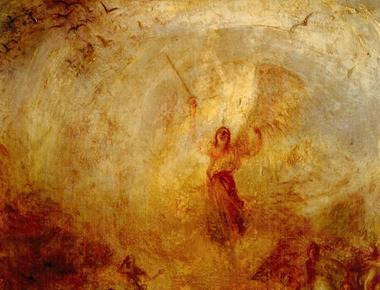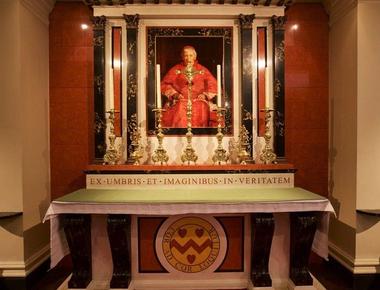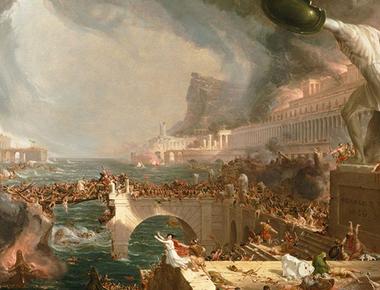
This lecture addresses the theme in St. John Henry Newman of the gradual—some would even say ordinary—pursuit of holiness throughout the course of the course of our human lives.
This lecture addresses the theme in St. John Henry Newman of the gradual—some would even say ordinary—pursuit of holiness throughout the course of the course of our human lives.
Composed in 1900, a decade after the Cardinal’s death, Elgar’s Gerontius is not a collaboration but a new interpretation. What, then, did Newman’s poem mean to Elgar, and how did the composer articulate Newman’s vision musically?
The Grammar of Assent, published in 1870, represents Newman's last major work. As a religious epistemology, it provides systematically thought-through answers to questions that had preoccupied him since his early twenties
Newman tended to talk about wealth and commerce in two ways: one prophetic and denunciatory, particularly of nations of shopkeepers, and one with applause—this is the nation of free enterprise.
Dr. Timothy O'Malley presented this lecture as the keynote address for the National Institute for Newman Studies Spring 2020 Newman Symposium. The full lecture is posted at the end of the blog article.
This article does not take a firm stance on the question of whether the COVID-19 pandemic should be seen as a chastisement sent by God. If we were to follow John Henry Newman's lead, we would certainly have to remain open to that idea.
QUICK LINKS




